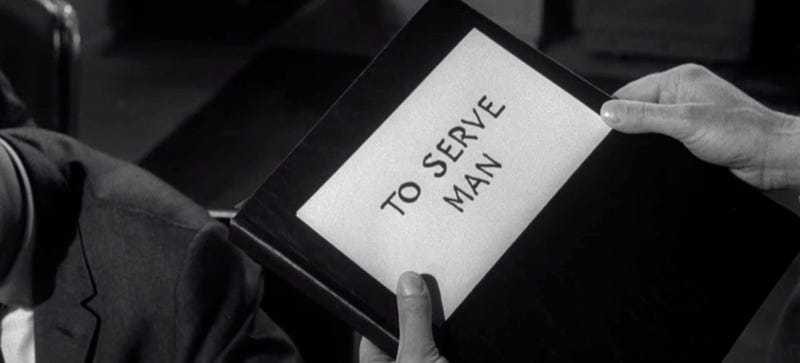The article addresses the hyperbole in the title, saying it's not the same as a wall street bubble:
I feel like the food truck craze is already a move in this direction. Here in Seattle you often even have a place to sit, as the food trucks travel around to locations that don't have kitchens of their own (bars, breweries) but do have a lot of seating.
The "brew pub" has turned into the "beer bar / brewery with rotating food trucks".. and it's pretty awesome IMO.
So what have we learned? Well, for one, the restaurant bubble will not burst like the stock market. There will not be massive simultaneous closures -- different cities will be affected at different times, some places may hang on years, often propped up by personal savings or an owner who either doesn't care about losses or refuses to see the writing on the wall.
But for the average city diner, the bubble bursting will have very real consequences. For one, most sit-down dining will, in many ways, revert back to what it was in the '80s/'90s: reserved for special occasions. And this is for the simple reason that restaurants need to universally raise their prices to keep affording to pay their workers and buy food and serve you a choice of sparkling or still water with your house-baked bread and house-cultured butter (this will also serve as a gut check for the mass of people who claim to be for changes to restaurants that result in paying fair wages, but as soon as they see higher prices themselves as a result of said wage increases, immediately forget their lofty talk and take to Yelp to complain)
I feel like the food truck craze is already a move in this direction. Here in Seattle you often even have a place to sit, as the food trucks travel around to locations that don't have kitchens of their own (bars, breweries) but do have a lot of seating.
The "brew pub" has turned into the "beer bar / brewery with rotating food trucks".. and it's pretty awesome IMO.

